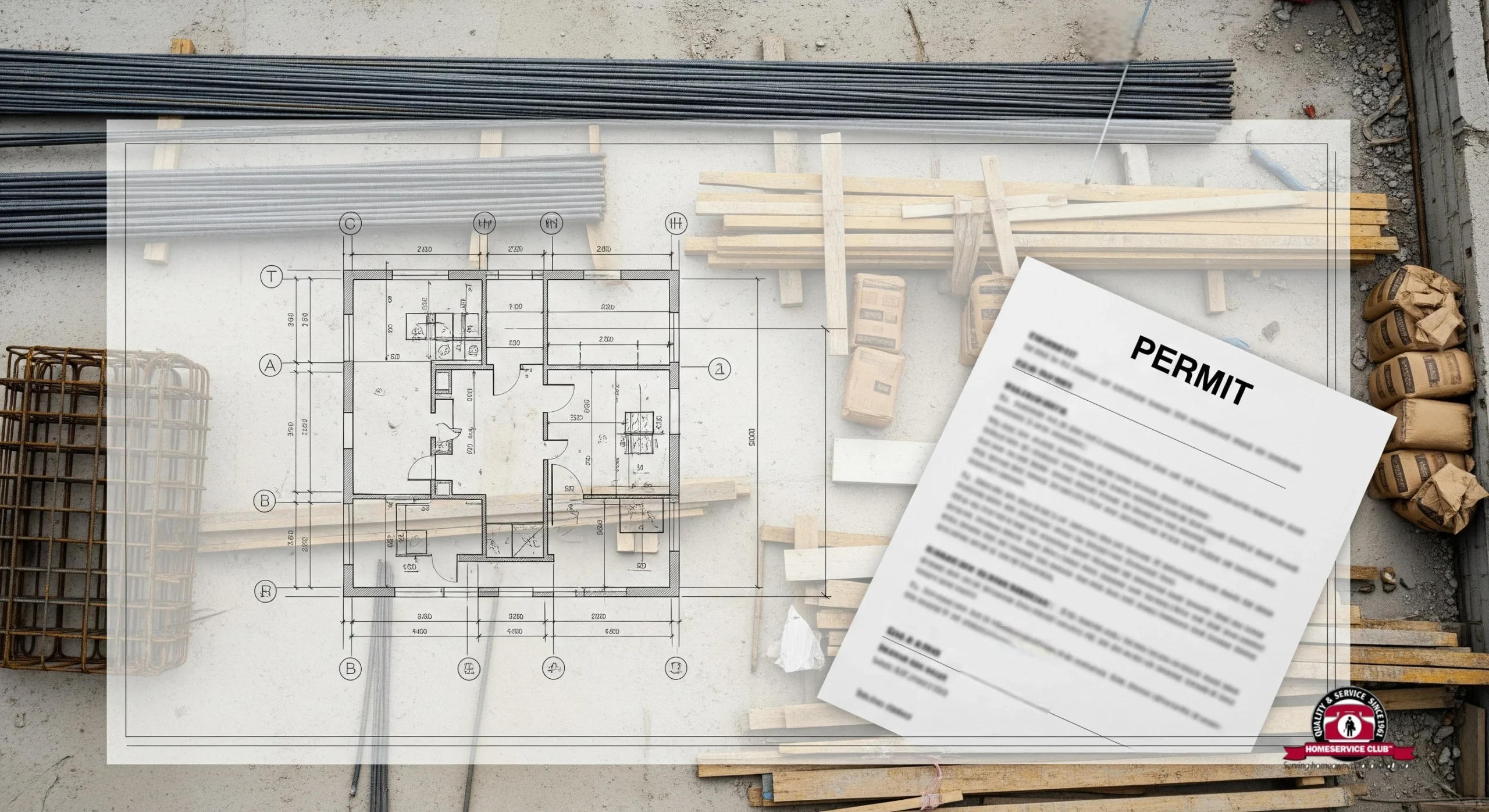
Rarely are construction projects easy. Numerous moving parts need to function as a cohesive unit, from scheduling and quality control to planning and budgeting.
General contractors act as the backbone for any project, and guarantee that the vision is brought to life, safety is upheld, and the deadlines is completed.
Why General Contractors Matter
We’ve seen how easy a project can go due to lack of effective supervision. The coordination between architects, engineers and subcontractors is governed by General contractors, who act as primary coordinators. They prevent costly delays by ensuring that skilled trades, such as Freemasons and electricians, work in the same way.

Among their primary duties are:
- Budget management to maintain expenses in line with client expectations.
- Sequence the work so that each step is basically flows into the next.
- Hiring and management of undercontinents that contribute specialized expertise to the project.
- To ensure safety and code compliance for customers and employees.
Even the best design can fail during implementation if this structured process is not followed.
Core Functions in a Project

It is useful to examine the special areas that the general contractors are responsible for better understanding of their meaning:
- Planning and permitting: They receive permits and guarantee the following by local regulations.
- Resource allocation: They ensure that resources, such as equipment and materials, are available according to plan.
- Problem solving: Entrepreneurs receive effective troubleshooting training when unexpected problems arise on a daily basis.
- Quality assurance: They monitor each step to ensure that craftsmanship meets industry standards.
Benefits for Clients
There are many benefits to working with a general contractor:
- Vendor relationships: Entrepreneurs often interact with labor and suppliers at negotiated rates.
- Single point of contact: Customers save time not to manage many schedules and subcontractors.
- Time efficiency: Coordinated actions cut waste and delay.
- Risk reduction: Contractors manage insurance, responsibility and safety protocols.
Customers can now focus on their goals instead of getting stuck with details.
Collaboration with Designers and Architects

How contractors work with creative professionals is another often overlooked factor. Contractors take over after a designer creates a vision in order to assess feasibility, recommend materials, and turn ideas into reality. This collaboration guarantees that the final product embodies both creativity and functionality.
General contractors are critical regardless of the project size, from minor remodeling to major industrial construction. Having a reliable general contractor on board isn’t just helpful for customers, designers, and developers alike, but it’s also necessary for setting up success from the ground up.
